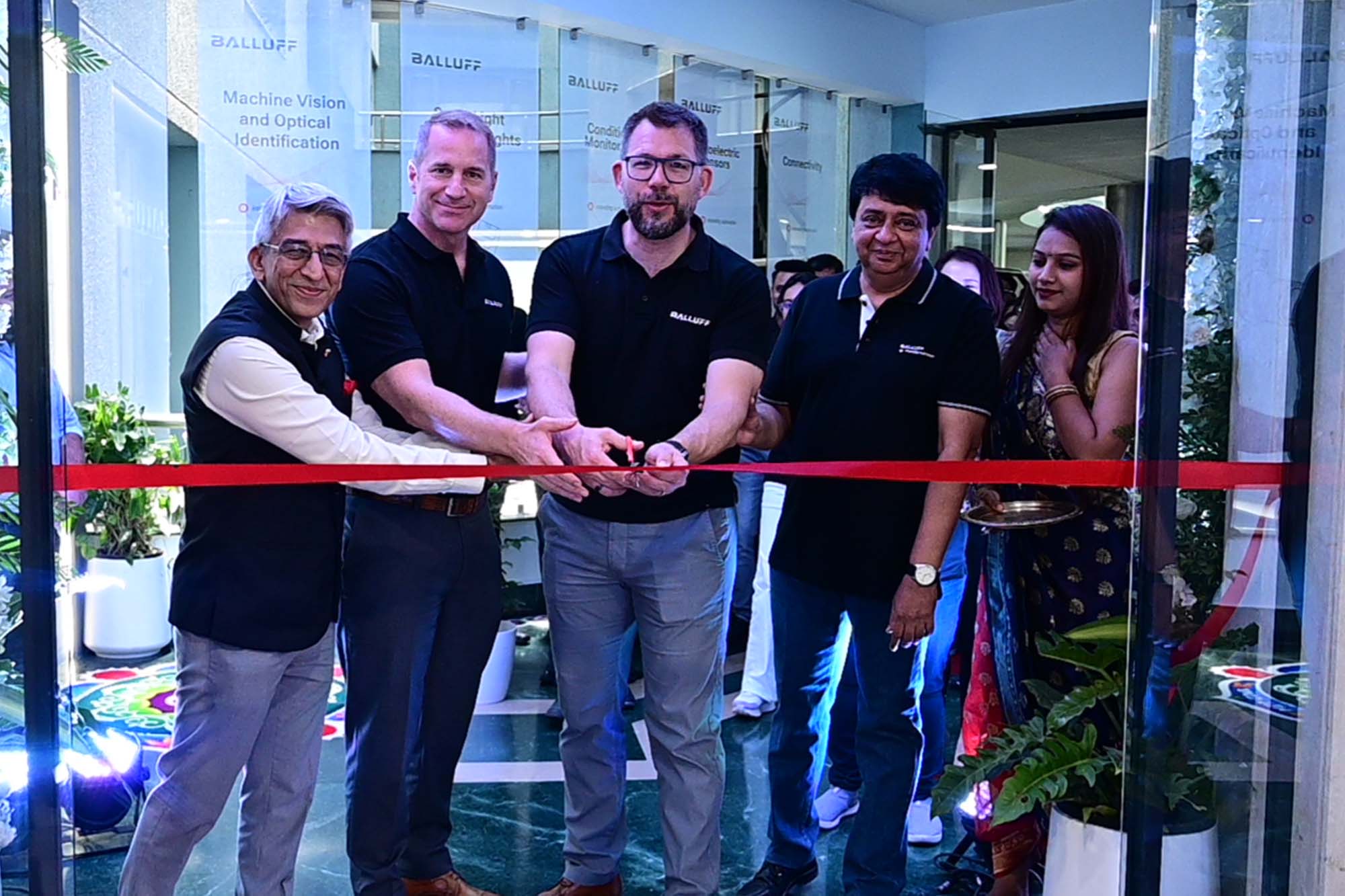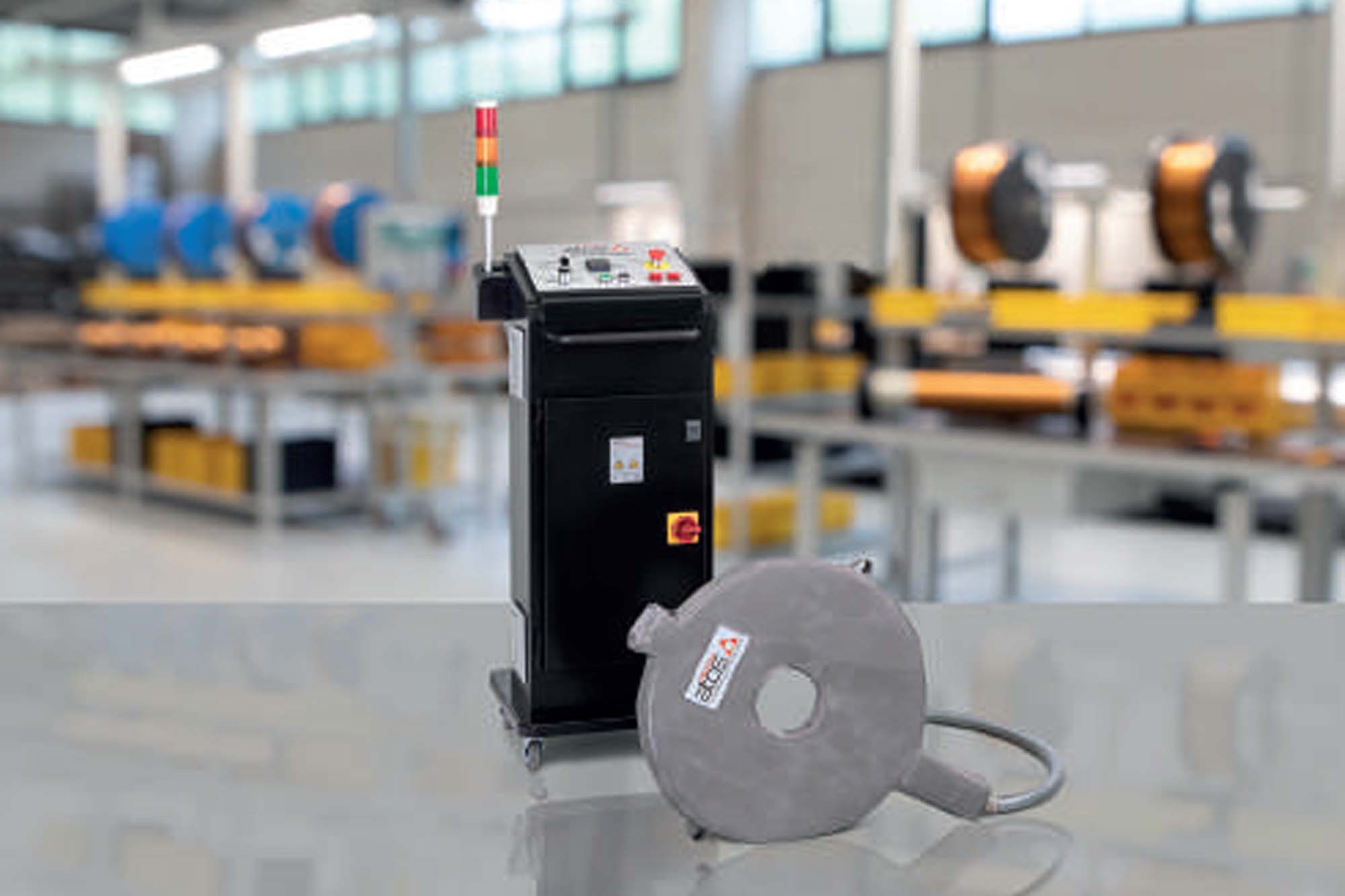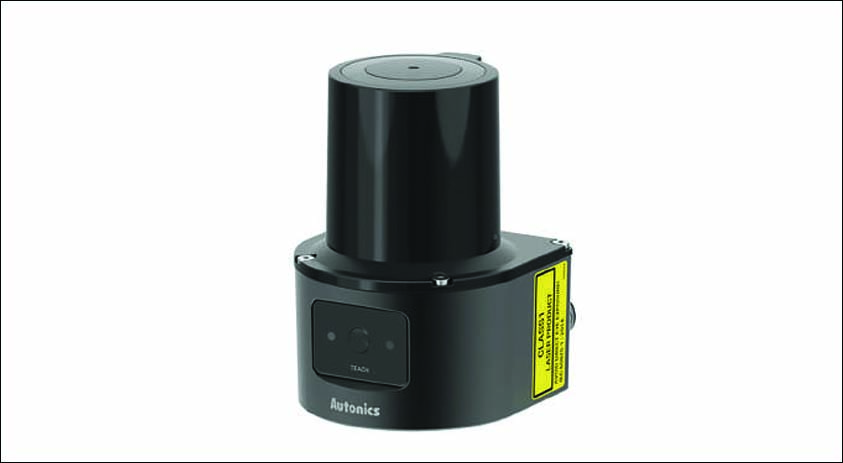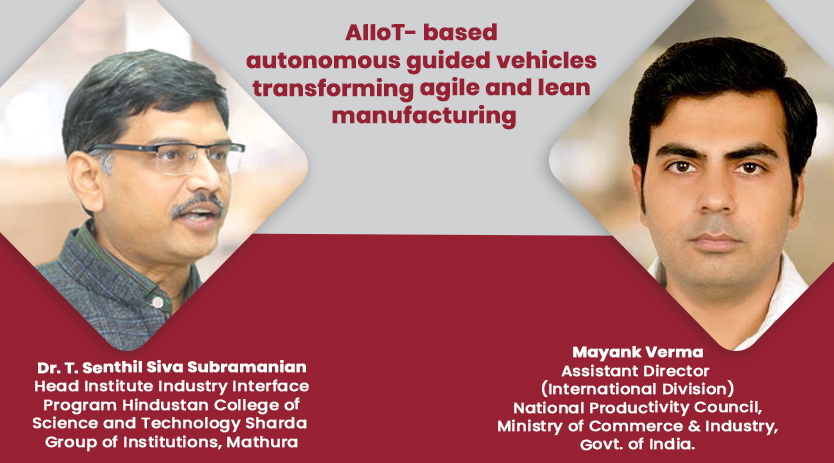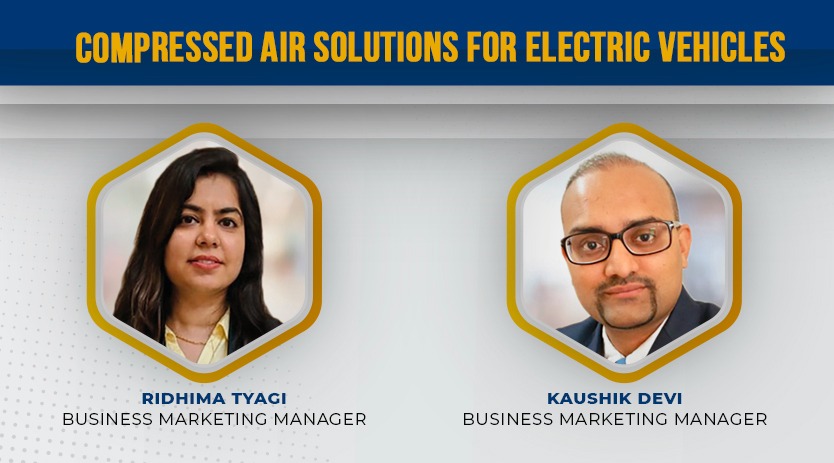Acceleration of Distribution Reforms, Critical for Economic Growth
By admin May 26, 2012 7:49 am IST
“The key issues now are the pace and methodology for successful reform of distribution. As far as the pace goes, nothing further need be said. The writing is on the wall. Either we perform soon or perish” Anil Sardana, Managing Director, Tata Power
In order to sustain the contribution of the Indian power sector and its continued contribution to the country’s targeted 9 per cent or double digit GDP growth in years ahead, it is imperative to address issues that may otherwise jeopardise the momentum gathered by power sector during the last few years. While a gap exists between demand and supply of power, it is further compounded by reckless power theft and consumption of electricity causing tremendous waste on the one hand and at the same time resulting in non-availability of competitive power to industries and other contributors. The India story is rapidly unfolding on the global scene; however failure to get a vital infrastructure like our power distribution up to global standards can surely ‘trip’ this story.
One of the key challenges as one sees in 2011-12, is the poor financial outlook of Discoms and the widening gap between their average tariff and cost of supply where the losses have been increasing to levels far higher than previous years. Non-approval of expenses by State regulators on account of non-achievement of efficiency targets and lack of capital investments by utilities due to poor financial health has become a vicious cycle. This is a matter of grave concern as the consumer (distribution utilities) has to be solvent and efficient, failing which the fiscal health of all associates in the value chain will get adversely impacted and it would lead into a circle of uncertainty and fiscal unviability. Power distribution still remains a segment that needs significant reform-intervention. A well thought through combination of tariff increases / rationalisation, distribution reforms, open access and enforcement of the ‘obligation to service’ is required rather expeditiously.
While some progress has been made at reducing the Aggregate Technical and Commercial (AT&C) losses, at approximately 35 per cent at last count these still remain substantially higher than similar global benchmarks. In order to address some of the issues in this segment, reforms have been undertaken through unbundling the State Electricity Boards into separate generation, transmission and distribution units. In addition, privatisation of power distribution has been initiated either through the public private partnership (PPP) or the franchisee route; results of all these initiatives have been fairly mixed at best. While there has been a slow and gradual improvement in metering, billing and collection efficiency, the current loss levels still pose a significant challenge for distribution companies going forward. This aggravated by poor quality of power supply as well as commercial services can be a cause of concern moving forward.
To a large extent, the origins of this problem can be traced back to political influence wielded by state governments across the country, at times even necessitating a delay in tariff filings to the independent regulators or face the dilemma of providing unmetered / free supply of power to a chosen category of consumers! To make matters worse, despite the structural and policy reforms which have already been implemented in many states in the country, there has been a very dismal improvement in efficiencies in the distribution segment of the power sector. Out of the total 56 power distribution utilities, the AT&C losses for 33 utilities continue to remain at more than 30 per cent. There is however very little to no information on reliability of power supply and no benchmark information available on customer services.
A similar story repeats itself on the metering side. Some facts to help shed some more light on this issue:
Consumer metering in 8 states is below 80 per cent coverage;
Cookie Consent
We use cookies to personalize your experience. By continuing to visit this website you agree to our Terms & Conditions, Privacy Policy and Cookie Policy.







